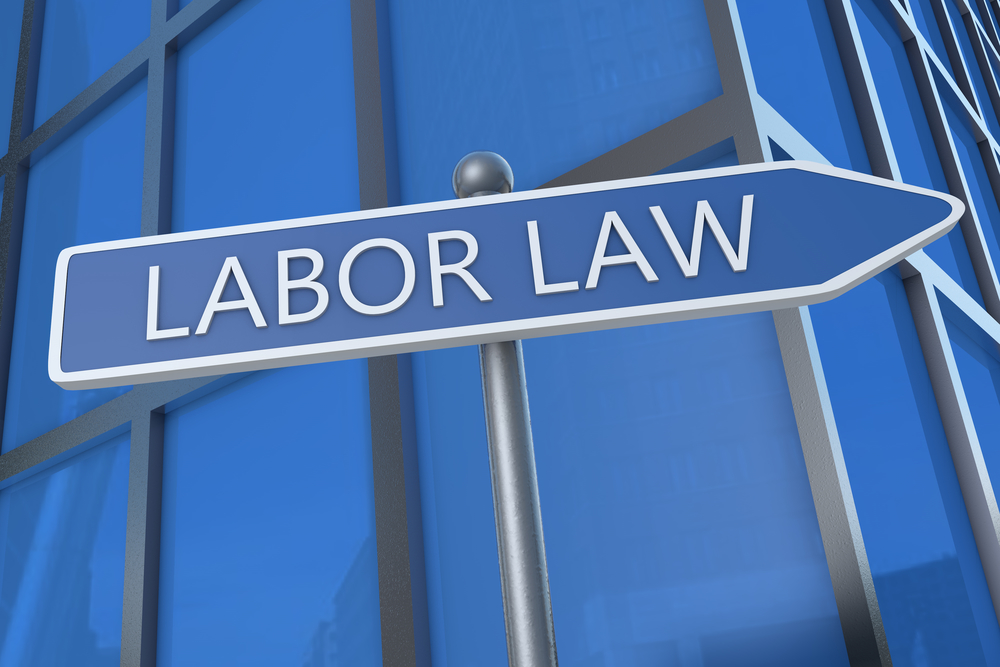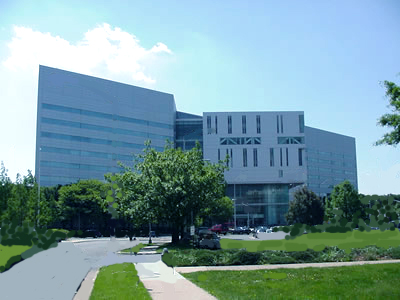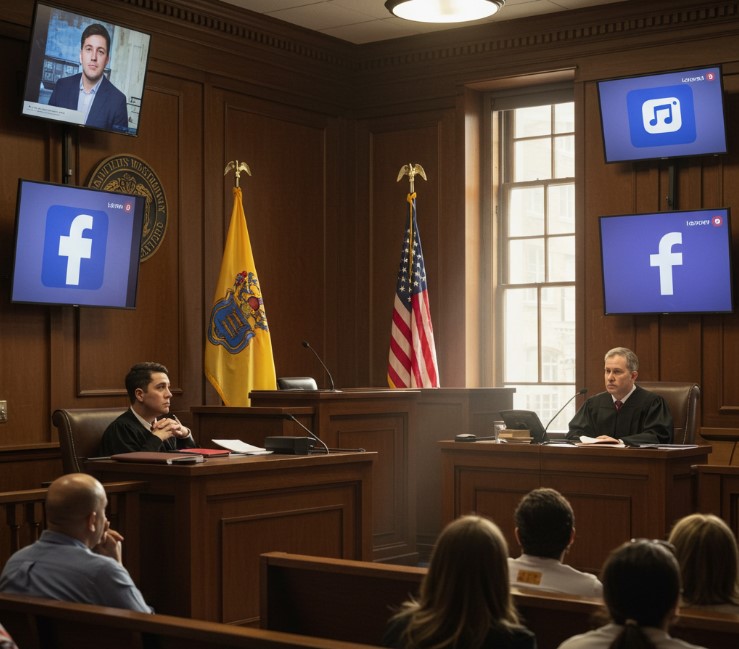Federal law provides that a Union must represent the interests of both Union members and non-Union members and also that the Union is the exclusive representative of both members and non-members. The Union is the only agency that can engage in the collective bargaining process with the employer and individuals are not permitted to do so. Union members pay Union dues, but non-members are often required to pay a portion of said dues which are called an “agency fee” or a “fair share fee.”
On June 27, 2018, in the anticipated holding in Janus v. AFSCME, the U.S. Supreme Court, in a 5-4 conservative majority split ruling, reversed a long standing right of public sector Unions to collect agency or fair share fees from public employees who did not want to join the Union. The Court opined that taking agency fees from non-consenting employees violated the 1st amendment of the US Constitution. The Supreme Court reasoned that the 1st amendment was violated because money was taken from non-consenting employees in order to fund the public sector union, and therefore the employees must proactively join the Union before funds are unlawfully taken from them. The Court held that Unions could not take an agency fee (fair share fee), or any other fees, and deduct said monies from an employee and also cannot try to collect said fees unless the employee “affirmatively consents to pay.”
The right to collect fair share fees was born out of a landmark 1977 Supreme Court case Abood vs. Detroit Board of Education that granted the Unions the legal right to charge fair share fees to those who were not Union members, but who received benefits from collective bargaining deals born out of said Union. The fair share fees could be as much as 85% of regular Union membership fees so they are not insignificant. Said fees could be used for activities “germane” to collective bargaining agreements but could not be used to fund certain political activities. As such, Abood was overruled in Janus.
In the Janus case, Janus, who was an Illinois public employee, argued that forcing him to pay fair share agency fees violated his 1st Amendment rights. Janus asserted that Union activities are “inherently political,” use taxpayer money, and the fees foster unconstitutional compelled speech when the non-member disagrees with the Union’s position. The court opined that Unions are effective agencies without requiring non-consenting employees to pay agency fees.
This holding will affect almost half of the US states, including New Jersey, who currently require non-Union members to pay their fair share fees to the Union, even though they are not Union members and do not share the Union’s views or interests. Prior to this ruling, many other states had already banned fair share fees. The effect of this ruling is that it will make all states “right to work states” in which said fees are expressly prohibited. Said jurisprudence will significantly reduce the strength and financial stability of public sector unions all over the country. It will significantly affect public sector unions in New Jersey which is a state with a large percentage of public employees who are represented by Unions and a state in which the Unions are dominant and influential political forces.
Democratic New Jersey Governor Murphy immediately opposed this decision while Republican President Donald Trump tweeted his delight with the ruling.
It is worth noting, in contrast to the above holding, that on May 18, 2018, Governor Phil Murphy signed the Workplace Democracy Enhancement Act which is a self proclaimed effort of the governor to put working families first in New Jersey. This law makes it easier for Unions to retain and recruit members. The new law permits Unions to have significant access to Union members and potential recruits, both during and before and after working hours, and both on and off work premises. Governor Murphy’s new law exemplifies his belief that Unions are still very valuable bargaining entities in the employment context and also emphasizes that employees have the absolute right to join unions and use them to promote their interests and desires.
_____________________________________________________________
Nicole Sorokolit Croddick is Counsel at Davison, Eastman, Muñoz, Paone, P.A., where she focuses her practice on employment and labor matters. She consults companies on human resources issues and has conducted internal investigations on ethical and legal violations.











